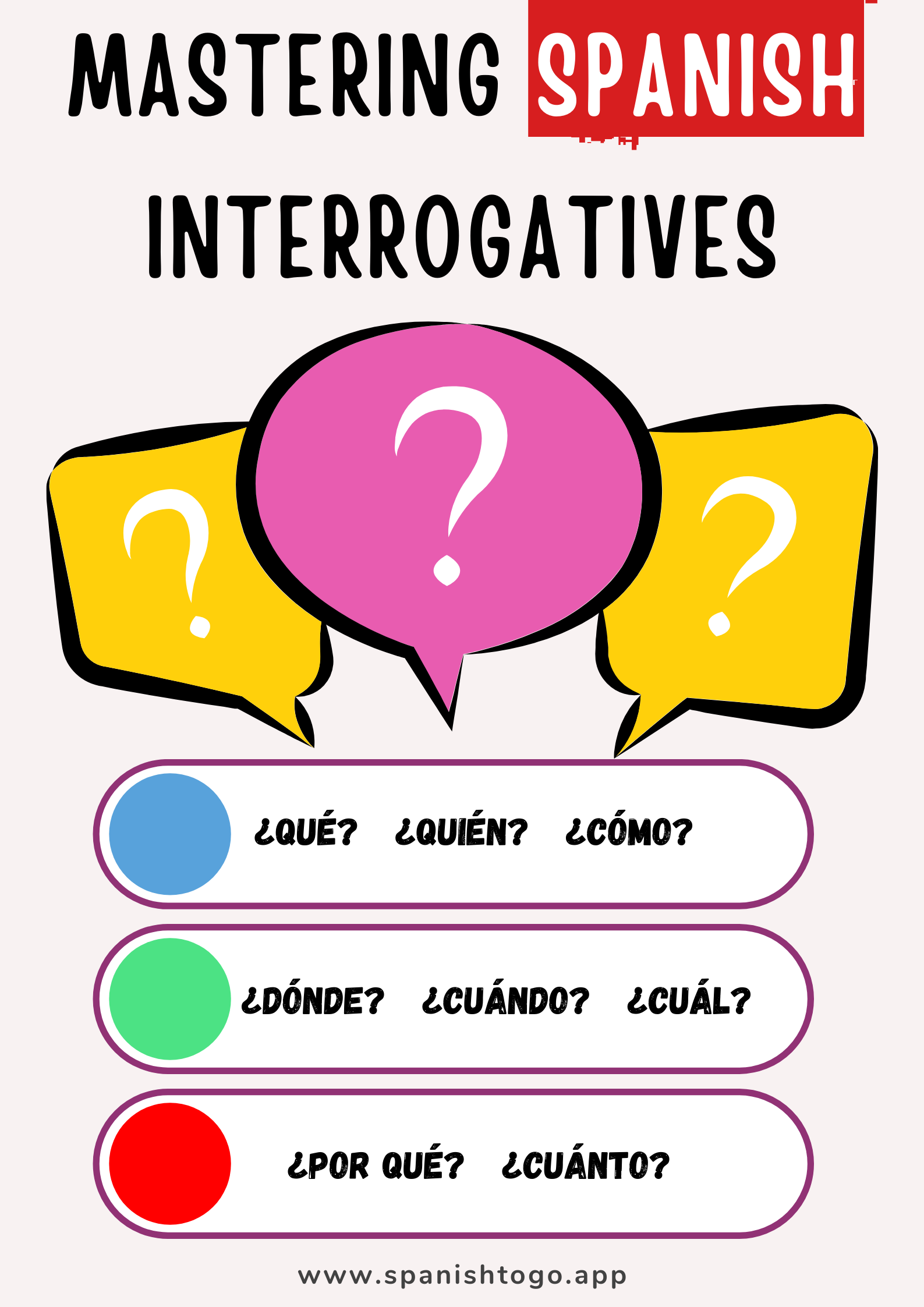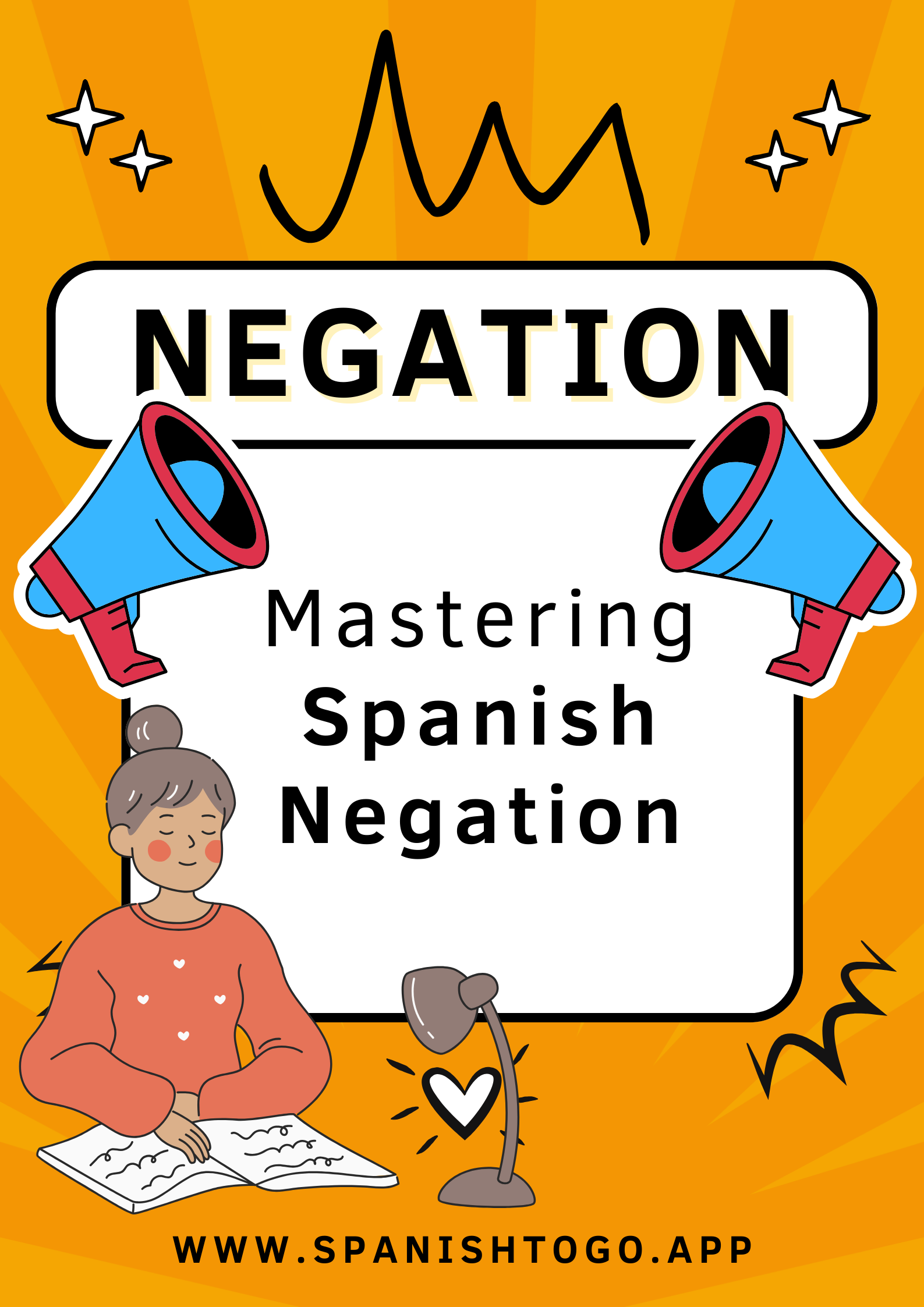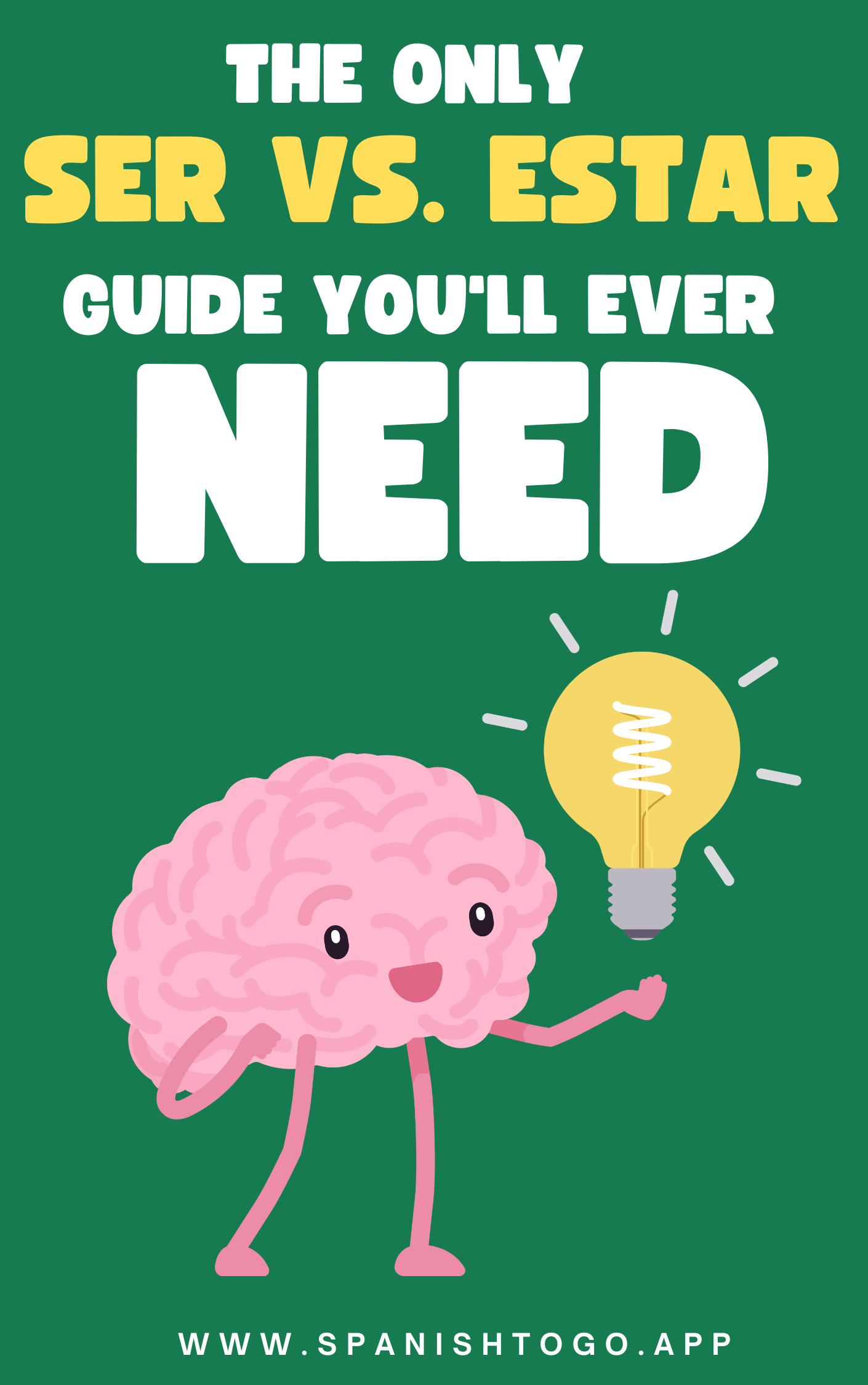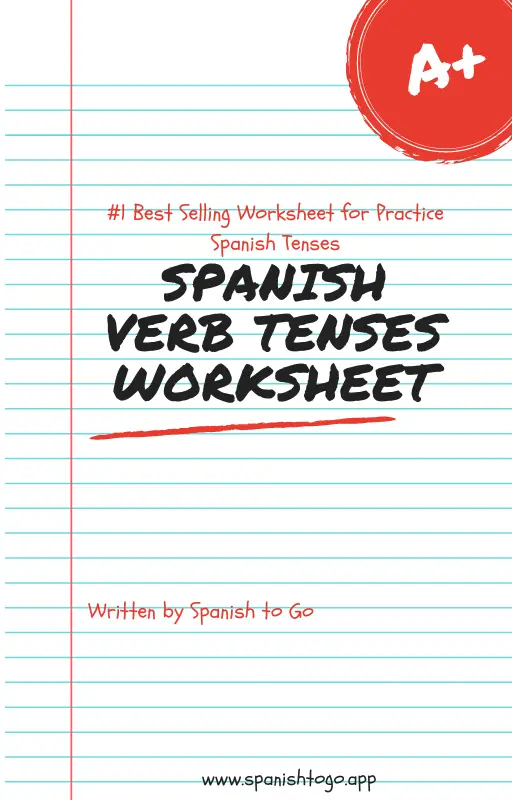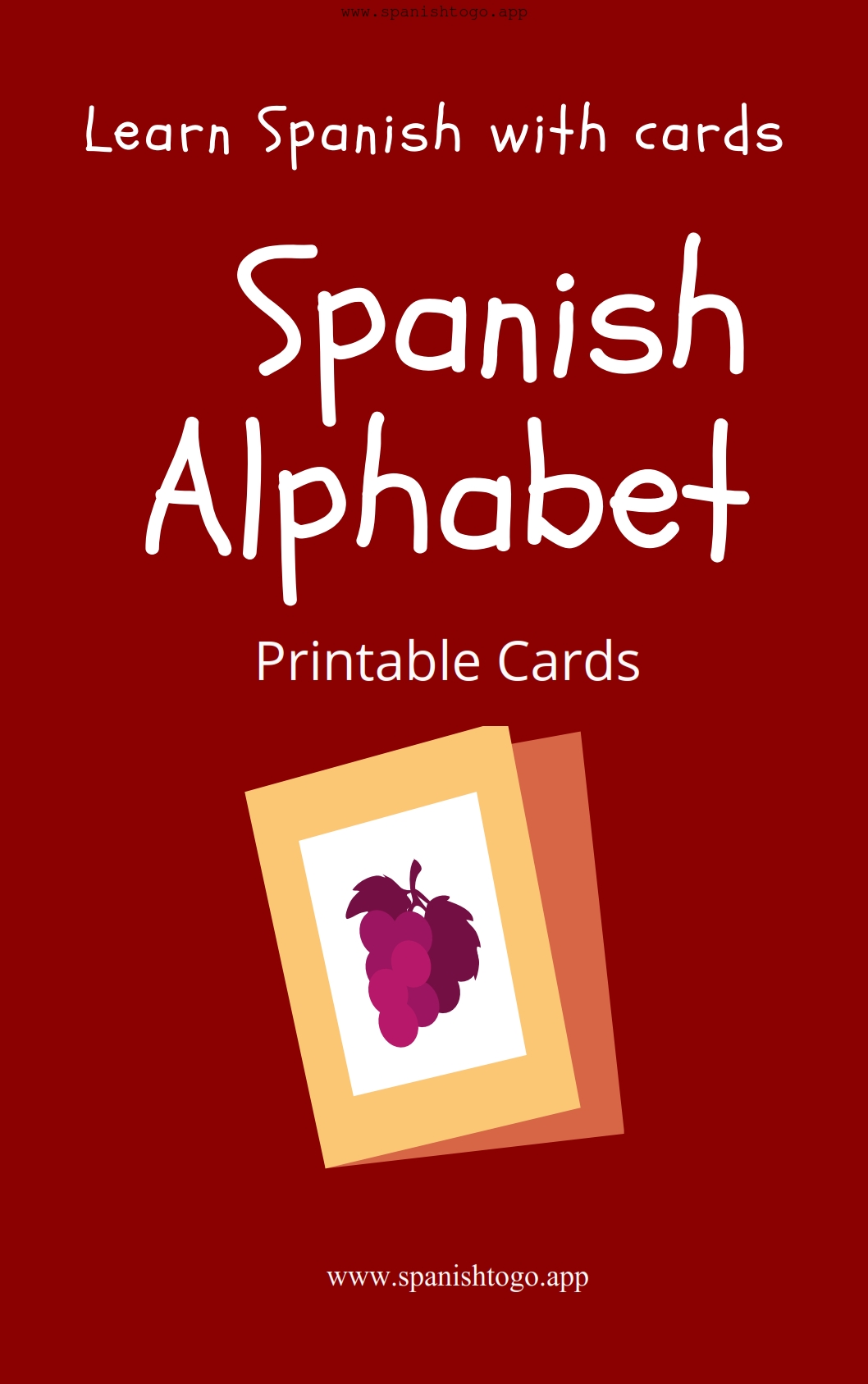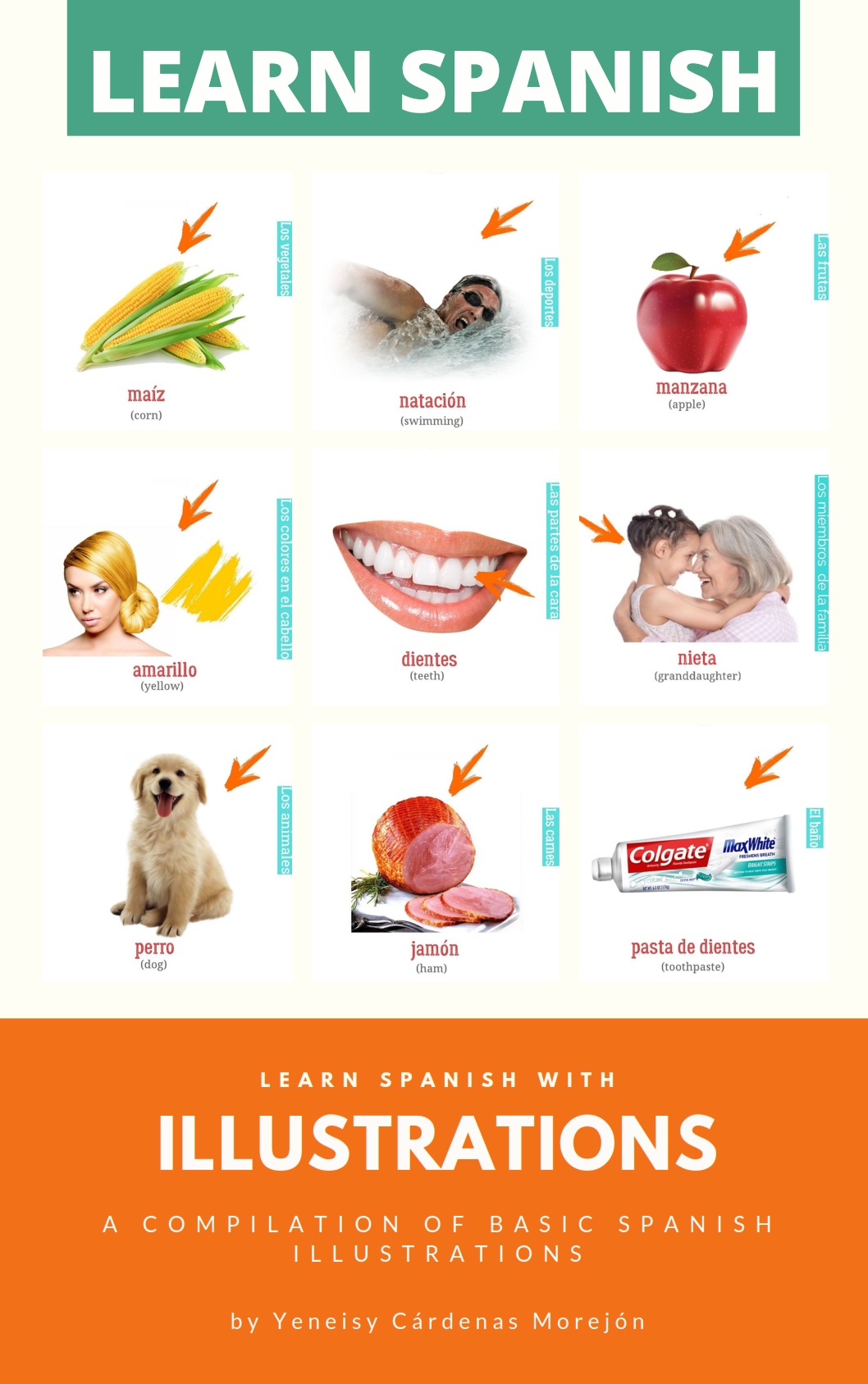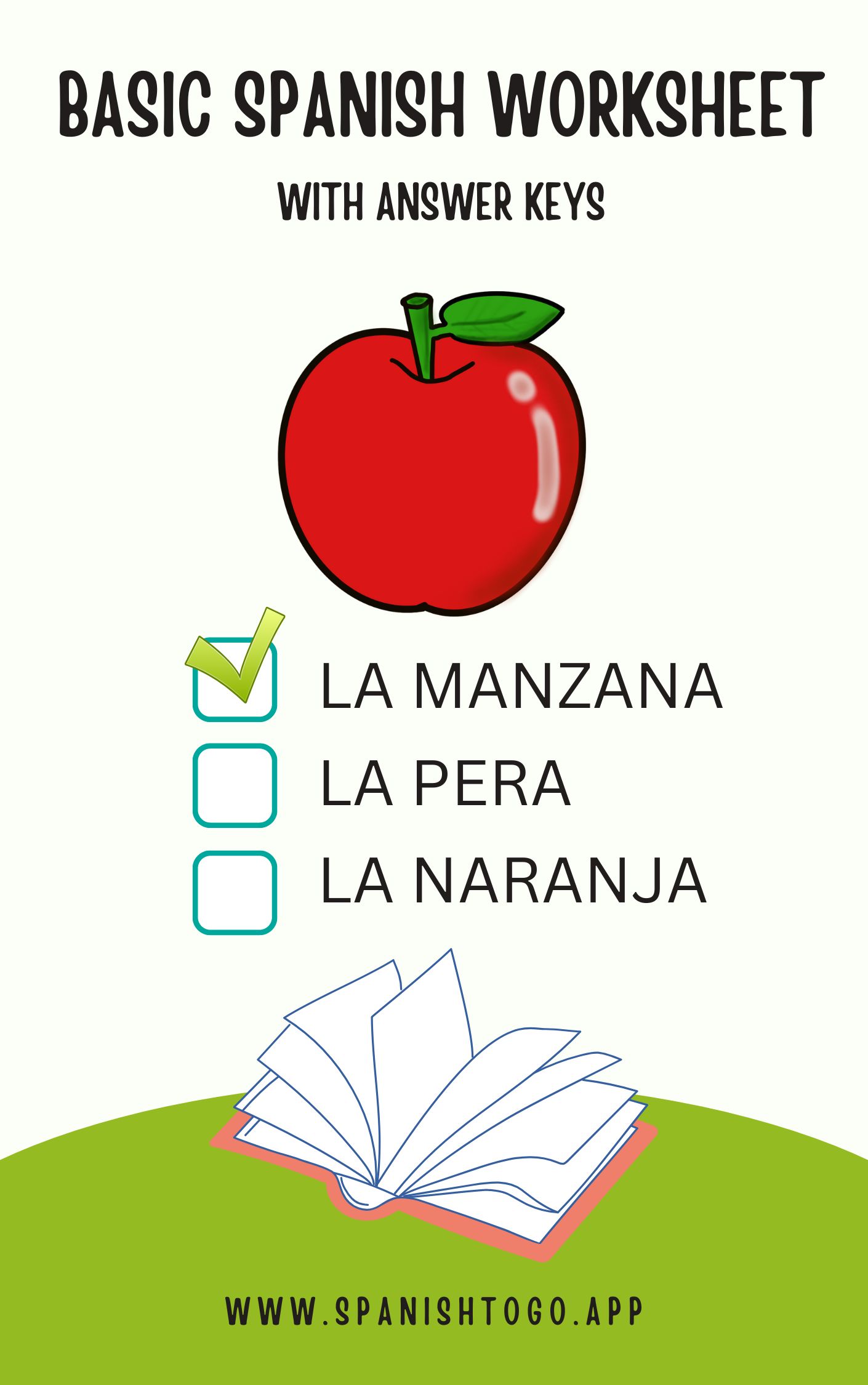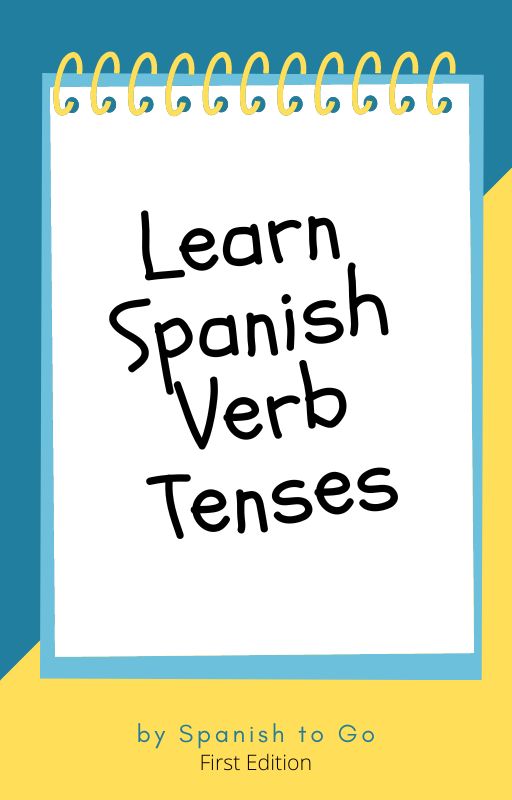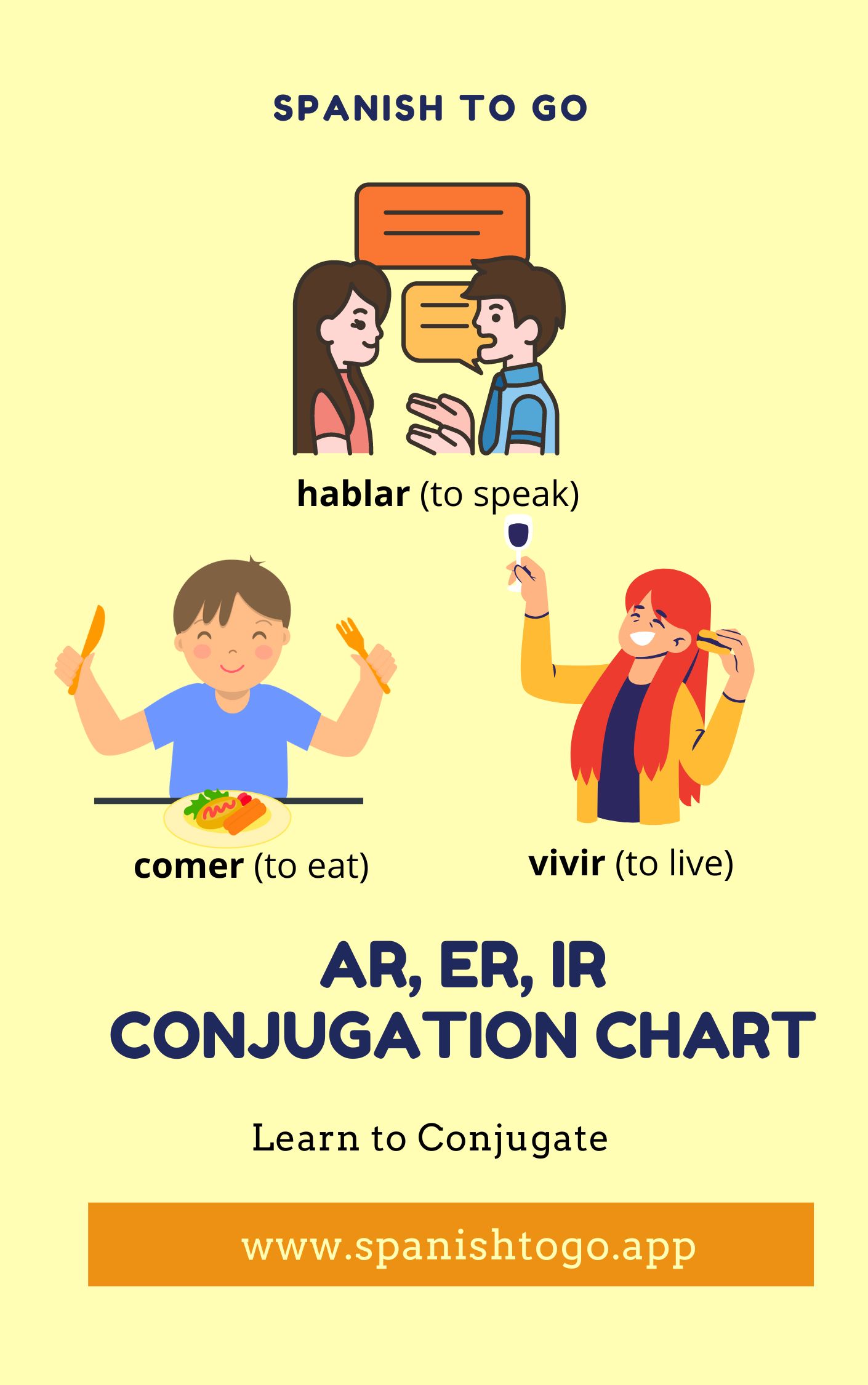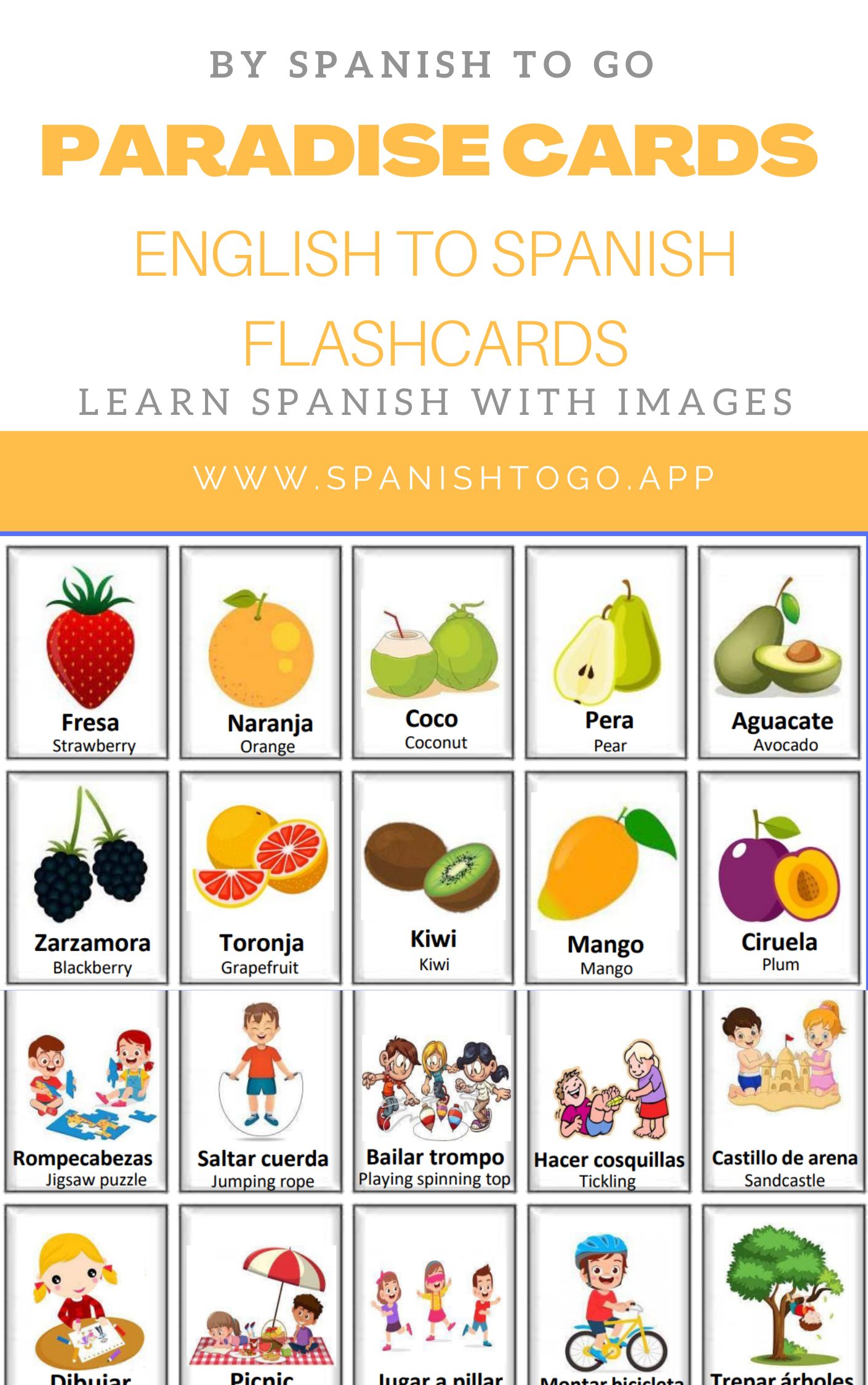
Explore an expansive world of Spanish learning without limits!
Enroll in our courses, read our amazing Spanish ebooks, practice with quizzes, learn with lessons, watch videos, use flashcards, and more.

Our learning library
Spanish printable resources, adults and kids can learn about basic and advanced Spanish topics.
Beginner
Begin your Spanish learning adventure by mastering essential vocabulary. Learn greetings, numbers, common expressions, family terms, and basic conversational topics like food and activities. Consistent practice, videos and flashcards.
Intermediate
Transition to the intermediate level of Spanish by delving into the intricacies of grammar rules. Enhance your language skills by grasping more advanced grammatical structures, verb conjugations, and sentence formations.
Advanced
Elevate your Spanish proficiency to an advanced level by immersing yourself in the nuances of Spanish conjugations. Delve into the intricacies of verb forms, exploring complex tenses and moods.
Courses
Start with beginner courses covering essential vocabulary and basic grammar. Progress to intermediate levels, exploring complex structures and expressions. Advanced courses focus on mastering Spanish conjugations.

A Gift for You 🎁 – Download a Free Spanish Pdf
Download Now Improve your Spanish Skills PDF (5550 downloads )Enroll in our free courses
Explore our VIP Courses
Download Spanish eBooks (PDF)
Learn the Spanish Language
Popular Vocabulary Topics
Courses, eBooks and Merch
Subscribe to Our Newsletter


Test yourself by enjoying this Spanish-level test.

All levels of quizzes.











